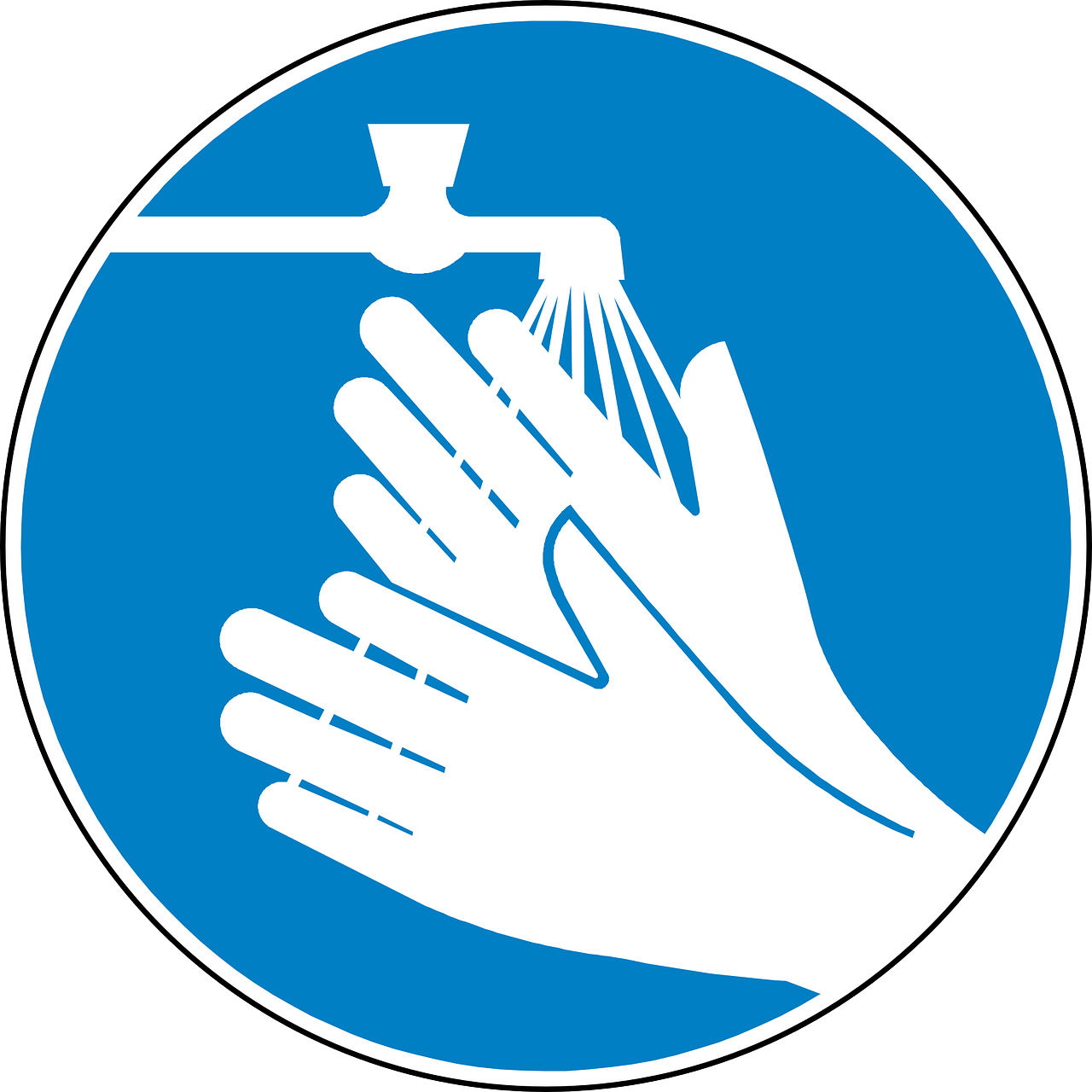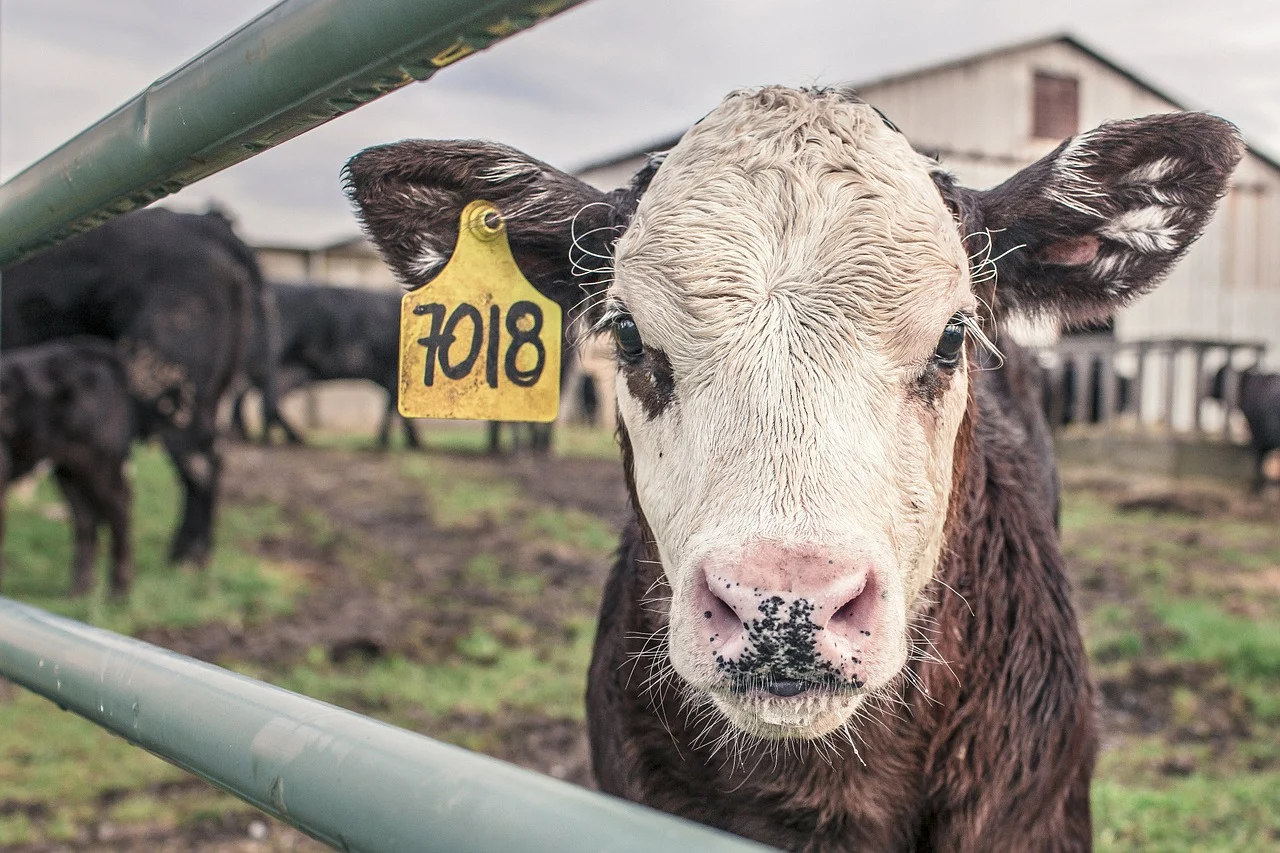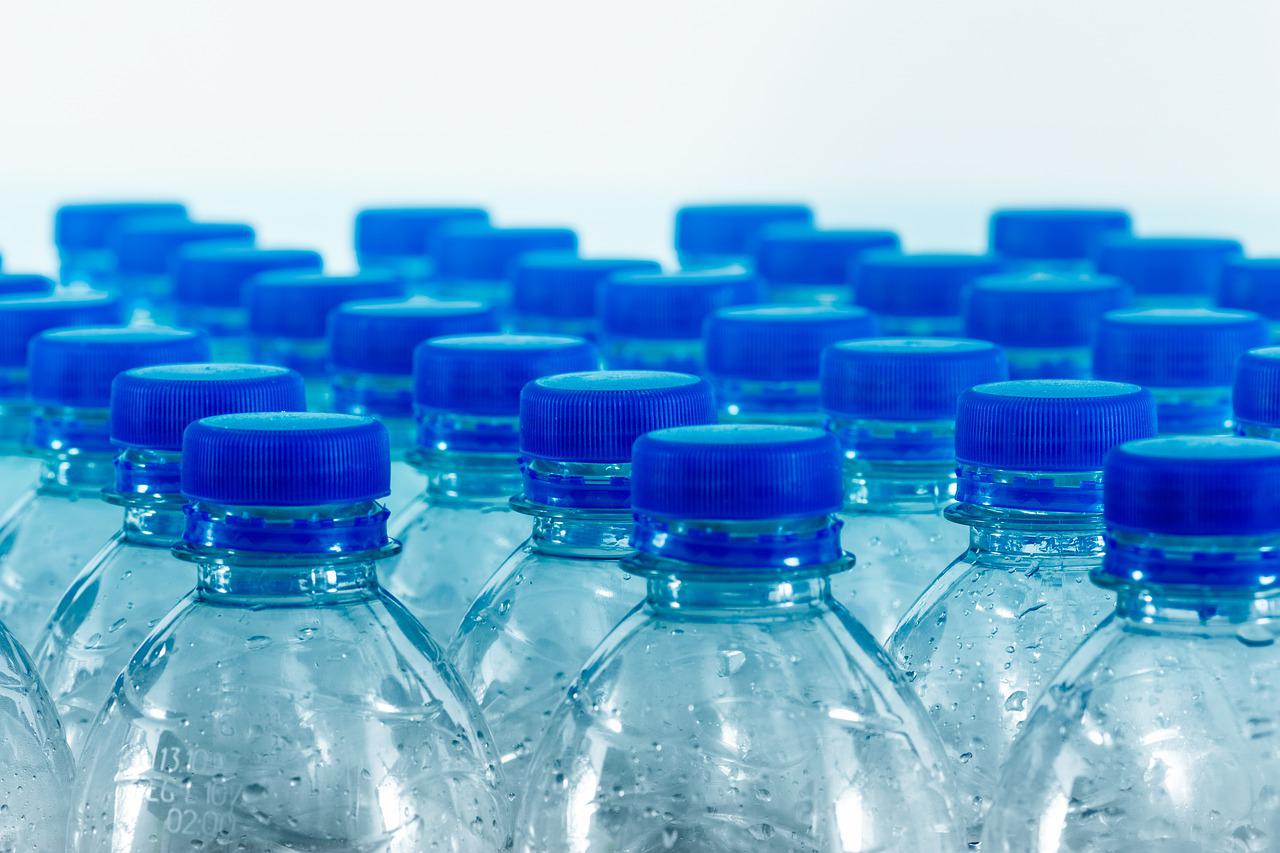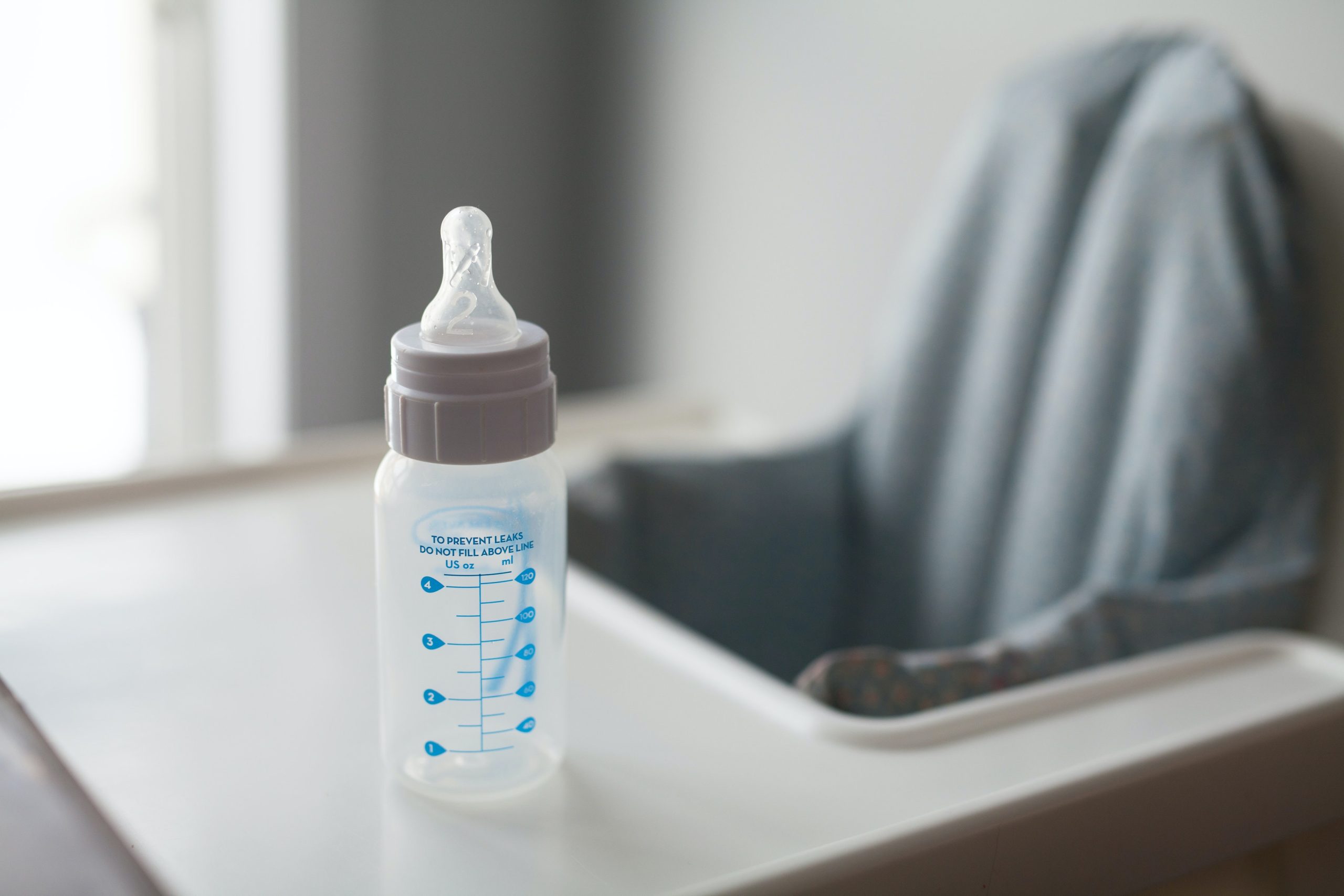The U.S. Department of Agriculture (USDA) has announced three initiatives that are the first in a suite of major actions under the Biden Administration to create fairer marketplaces for poultry, livestock and hog producers. On May 26, USDA announced a proposed rule that will require poultry companies and live poultry dealers to provide key information contract producers need to make production contract decisions best suited to their businesses. This action is part of a set of significant policy changes USDA is undertaking to achieve the goals of the President’s Executive Order on Promoting Competition in the American Economy.
Second, USDA is seeking input from stakeholders through a separate policymaking action to determine whether the current tournament-style system in poultry growing could be modernized to create a fairer marketplace that allows more producers to participate. And third, USDA released a Competition Report outlining its strategy for enhancing competition in the food and agricultural sectors. With this report, USDA is also announcing plans to complete a top-to-bottom review of programs for alignment with supporting competition and a new review of the most widely used animal-raising claims to help ensure those claims are adequately verified.
“The Packers and Stockyards Act is crucial for protecting farmers and ranchers from excessive concentration and unfair, deceptive practices in the poultry, hog, and cattle markets. But after 100 years, it needs to take modern market dynamics into account,” said Agriculture Secretary Tom Vilsack. “Increased transparency is the essential starting point for modernizing our rules, protecting producers, and countering the damaging effects of concentration.”
“Agricultural Competition: A Plan in Support of Fair and Competitive Markets,” sets out USDA’s strategies to increase competition through investing in new competitors to address major bottlenecks in the food and agricultural supply chains, in particular meat and poultry processing and domestic fertilizer capacity. It also highlights USDA’s efforts to reinvigorate competition and fair market regulation and oversight, including partnering with the Department of Justice to establish farmerfairness.gov, a joint complaints and tips web portal. The report also highlights USDA’s efforts to enhance value-added competitive opportunities for producers, including the already-announced top-to-bottom review of the “Product of USA” label for beef and a newly announced review of animal-raising claims, among many other strategies and efforts.
Under the proposed rule, poultry companies will be required to make certain disclosures to poultry growers with whom they contract to raise birds, to provide current and prospective growers with the accurate information they need to be make informed business decisions and avoid the risks of deception. Specifically, it would require poultry companies to provide a Live Poultry Dealer Disclosure Document that includes information on bird placements, stocking density, prior litigation with poultry growers, prior bankruptcy filings, and payments realized by other poultry growers in prior years broken out by quintiles to reflect a realistic range of outcomes for different growers. Small live poultry dealers, those harvesting less than 2 million live pounds of poultry weekly, would be exempt from the disclosure requirements of the proposed rule.
Additionally, the proposed rule will provide growers who are paid using a poultry grower ranking system with disclosures around the inputs they receive from the poultry company, at time of placement and at settlement. These placement disclosures will improve growers’ ability to monitor issues and to compete on a real-time basis using the inputs they receive. Settlement disclosures—which show the distribution of the inputs, the housing specification, and any feed disruptions for the growers in the tournament—will help growers understand the relative importance of inputs, housing investments, and skills/efforts in tournament outcomes. In doing so, it will prevent deception and help growers plan and improve their ability to compete and deliver positive outcomes.
The proposed rule is being published in the Federal Register and will be available for public comment. It is currently available for review on USDA’s Agricultural Marketing Service website. Stakeholders and other interested parties have 60 days from the date it is published in the Federal Register to submit comments via the Regulations.gov web portal. All comments submitted will be considered as USDA develops a final rule.
The parallel release of an advance notice of proposed rulemaking seeks public input around additional steps USDA can take to ensure the fair operation of those poultry growing contracts. It seeks input on the fairness of the tournament system overall, as well as on additional ways to address concerns relating to specific practices. In the months ahead, USDA also intends to propose rules that provide greater clarity to strengthen enforcement of unfair and deceptive practices, unjust discrimination, and undue preferences and prejudices, as well as address requirements relating to harm to competition under section 202(a) and 202(b) of the P&S Act.





















